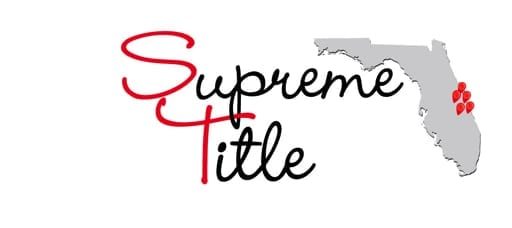The Process of an Earnest Money Deposit
It’s no secret to anyone hunting for a house that the market is hot right now and homes are selling in the blink of an eye! The combined shortage of available homes and increased demand from buyers has created a fast-paced market where potential buyers have to be ready to move quickly! But how can you make your offer stand out when so many other people are vying for the same house? When you’re in a situation where multiple offers are made on the same home, how can you make your offer stand above the rest? One way to do this is by submitting an earnest money deposit (EMD).
What is an earnest money deposit?
Also known as a “good faith deposit,” an earnest money deposit is typically 1-5% (sometimes up to 7%) of the total purchase price of the desired home, and it shows you are serious, or earnest, about your offer to buy. In such a competitive market, it’s worthwhile to do what you can to stand out. Most sellers won’t even look at an offer that doesn’t include an EMD.
Though the earnest money amount sellers ask for may be a percentage or a flat rate, each situation can vary, so be sure to ask lots of questions early in the process. And though it’s not legally necessary to submit this kind of deposit, it’s a way to ease the concerns of the seller that the sale won’t go through to closing. Sellers take a big risk when an offer is accepted by taking the house “off the market” and a deposit like this lessens the risk of a major financial loss if the sale falls through and the seller then has to re-list the home.
When is earnest money due?
Usually, earnest money is delivered when the buyer signs the purchase agreement or sales contract. However, it can also be linked to the offer made on the home. If you choose to attach it to your offer, it can be made in the form of a check to the seller’s agent, a cashier’s check or a wire transfer to an escrow account with a trusted title company.
The money is then held in that escrow account until the sale is finalized to ensure it’s deposited to the correct party. This is why it’s a good idea to have some liquid cash ready when you begin searching for your dream home. If not attached to the offer, most earnest money deposits are due almost immediately after an offer has been accepted, likely 1 – 3 days later.
What happens to earnest money?
Who gets the earnest money, where does it go, and is earnest money the same as a down payment? These are a few of the most common questions.
Earnest money differs from the down payment on a home, but can often be put toward the down payment or closing costs once the sale is finalized. What happens with the earnest money will be laid out in the purchase agreement, so be sure to pay attention to what’s written in it before you sign so you fully understand the milestones that need to be met.
If there are contingencies in the agreement the buyer does not meet and the sale falls through, the earnest money goes to the seller. Conversely, if there are contingencies written in the purchase agreement the seller fails to meet, the earnest money returns to the buyer and is often applied to the down payment or closing costs.
- As of December 31st, be living in the homestead property to qualify for homestead in the following year
- Be a permanent resident of the state in which the property was purchased (and a U.S. Citizen)
- Typically be the primary property owner
- Claim the property as their full-time place of residence or the full-time residence of a person they claim as a dependent. This means the property cannot be a rental. In fact, the owner can’t have rented the property more than 30 days in a year to qualify. This also means the property can’t be a second home or an investment property.
Supreme Title makes no representations or warranties with respect to the accuracy or completeness of the matters addressed.
Please contact Supreme Title with questions you may have.
info@supremetitlellc.com or reach us by phone at: 321-725-0115
